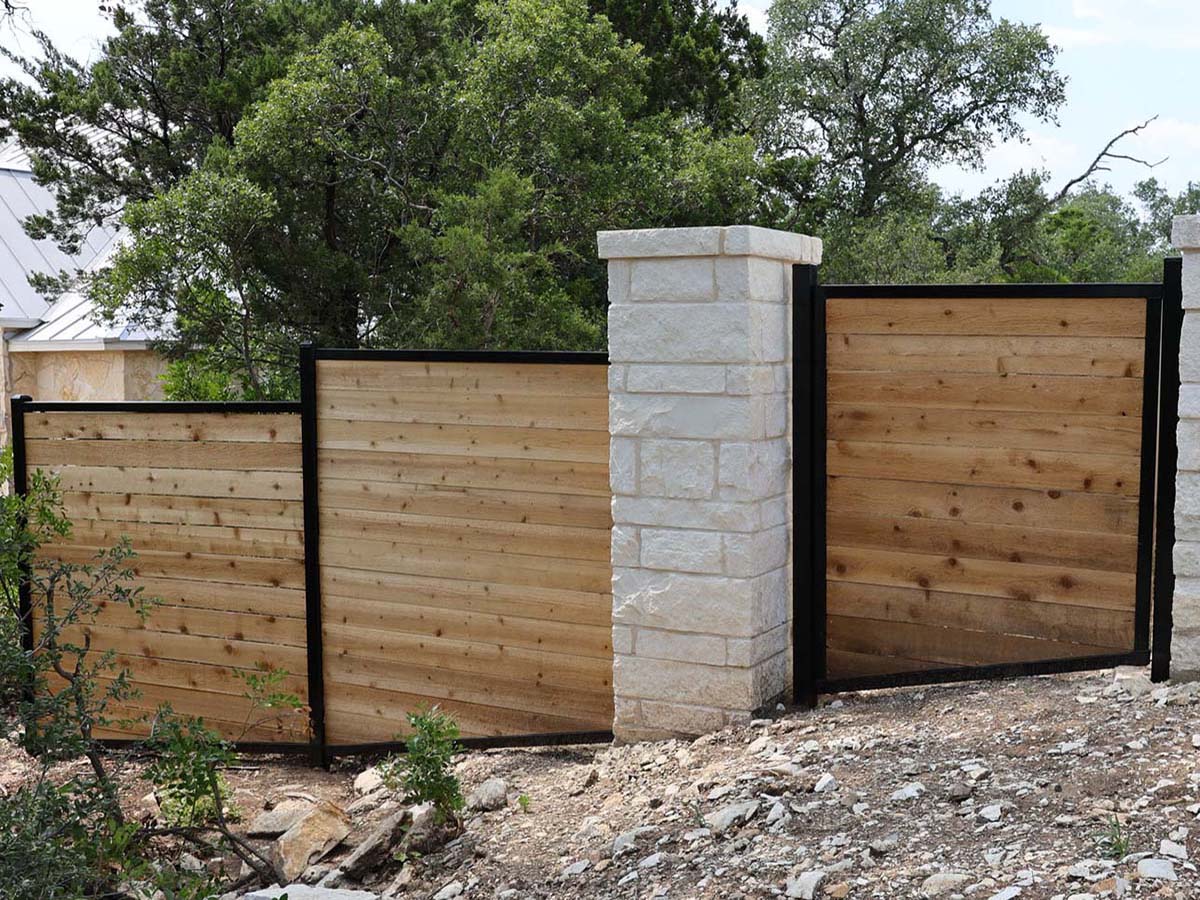All Categories
Featured
Table of Contents
Sustainable Fencing Choices for Eco-Conscious Property Owners
As the world becomes more environmentally conscious, many property owners are looking for ways to make their homes and yards more sustainable. One of the key areas to focus on is the type of materials used for fencing. Chemically treated wood fences can harm the environment and require regular upkeep. But there are plenty of eco-friendly fencing alternatives that can help reduce your carbon footprint. Here are some great fencing alternatives for those who want to make an eco-friendly choice for their homes:
One of the best eco-friendly fencing materials is bamboo, thanks to its rapid growth and sustainability. Bamboo grows quickly and requires minimal resources, making it a fantastic sustainable option. Bamboo is lightweight, durable, and naturally resistant to pests, requiring no toxic chemicals. Bamboo fences also offer a natural aesthetic that complements many landscapes. Bamboo is a completely biodegradable material, which reduces waste at the end of its life.
![]()
As the world becomes more environmentally conscious, many property owners are looking for ways to make their homes and yards more sustainable. One of the key areas to focus on is the type of materials used for fencing. Chemically treated wood fences can harm the environment and require regular upkeep. But there are plenty of eco-friendly fencing alternatives that can help reduce your carbon footprint. Here are some great fencing alternatives for those who want to make an eco-friendly choice for their homes:
One of the best eco-friendly fencing materials is bamboo, thanks to its rapid growth and sustainability. Bamboo grows quickly and requires minimal resources, making it a fantastic sustainable option. Bamboo is lightweight, durable, and naturally resistant to pests, requiring no toxic chemicals. Bamboo fences also offer a natural aesthetic that complements many landscapes. Bamboo is a completely biodegradable material, which reduces waste at the end of its life.
2. Sustainable Plastic Fencing Solutions
For those looking for an eco-friendly, low-maintenance fence, recycled plastic is a great option. Plastic fences made from recycled materials help reduce the environmental impact of discarded plastic products. Recycled plastic fences are incredibly durable, weather-resistant, and don’t require painting or staining. If you’re looking for a sustainable option that also lasts, recycled plastic is a great choice.
3. Reclaimed Wood Fencing
Reclaimed wood is a great way to build an eco-friendly fence while preserving the beauty of natural wood. Reclaimed wood offers a sustainable option by giving new life to old, discarded wood. Reclaimed wood offers a rustic aesthetic and a sustainable alternative to new timber. The unique appearance of reclaimed wood, combined with eco-friendly finishes, offers both durability and beauty.4. Living Fences
Living fences, such as hedgerows, are one of the most natural and sustainable fencing options available. Hedgerows and other plants can be used as a living fence to create privacy and define boundaries. Living fences help reduce noise and create a more serene, green space while boosting air quality. In addition to being a low-maintenance and eco-friendly option, living fences contribute to the local ecosystem by providing habitats for wildlife.Conclusion
There are several eco-friendly fencing options available that allow you to minimize your impact on the environment. By choosing eco-friendly fencing options like bamboo, recycled plastic, or living fences, you can create a functional and sustainable outdoor space. When you opt for a sustainable fence, you’re making a positive contribution to the environment while enhancing your home’s exterior.Table of Contents
Latest Posts
Raise Your Brand Name with Complete Circle Advertising
Published May 04, 25
1 min read
Indulge in Locally Caught Delights at Deauville Inn’s Oyster Bar
Published May 04, 25
2 min read
Discover the Conveniences of Plastic Fence with Montana Fence
Published May 03, 25
1 min read
More
Latest Posts
Raise Your Brand Name with Complete Circle Advertising
Published May 04, 25
1 min read
Indulge in Locally Caught Delights at Deauville Inn’s Oyster Bar
Published May 04, 25
2 min read
Discover the Conveniences of Plastic Fence with Montana Fence
Published May 03, 25
1 min read